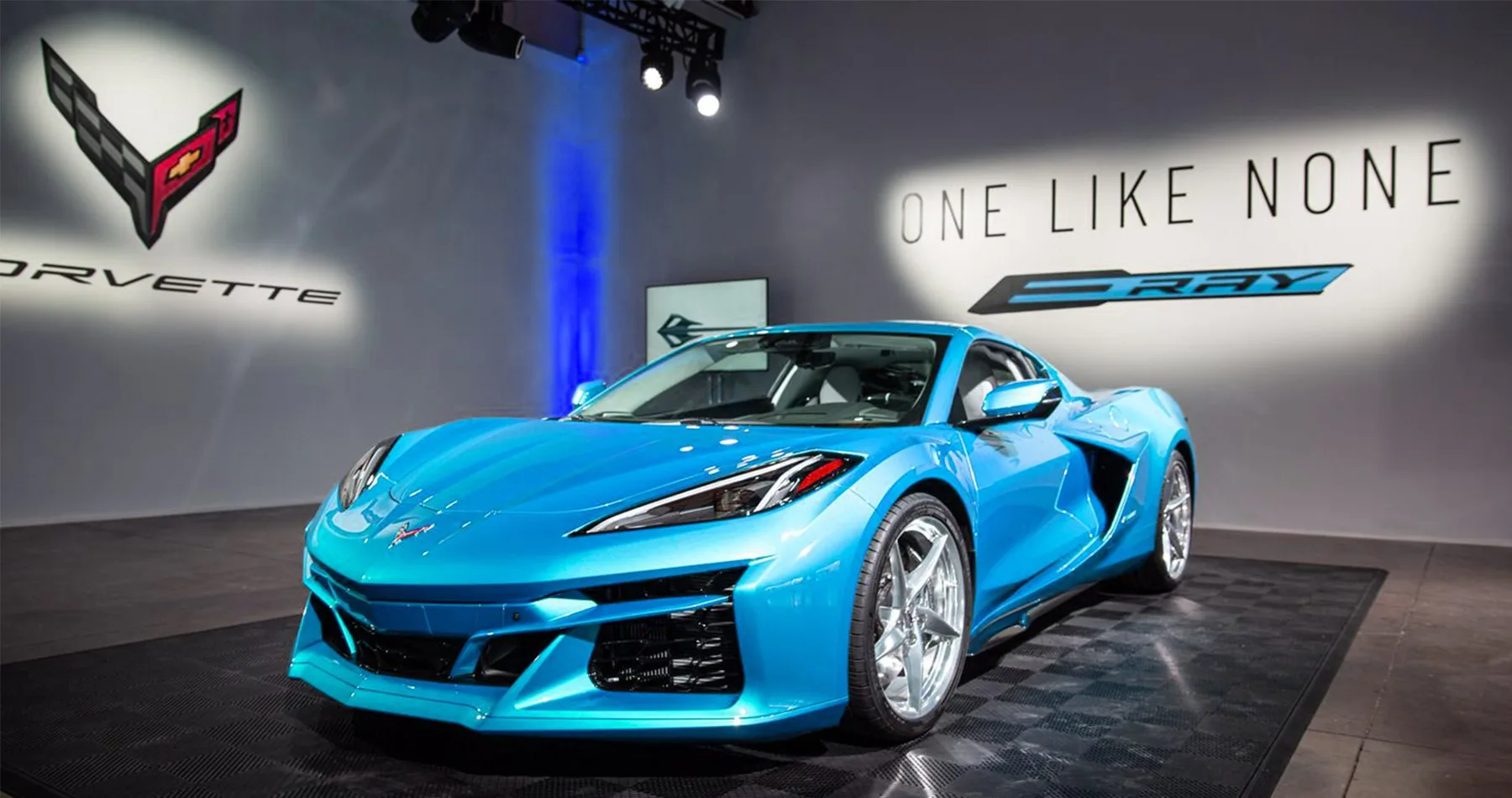The automotive industry is undergoing a seismic shift toward electric vehicles (EVs), driven by the need for sustainability and advancements in battery technology. As part of this transformative wave, Chevrolet, known for its iconic Corvette, has been rumored to be considering the development of an electric version of this legendary sports car. In this exploration, we’ll delve into the potential of Chevrolet creating an electric Corvette, examining recent developments, the company’s electrification strategy, and the implications for one of America’s most beloved performance cars.
Is Chevy making an electric Corvette?
Chevrolet’s Electrification Strategy:
General Motors’ Commitment to EVs:
Chevrolet operates under the umbrella of General Motors (GM), and the company has outlined an ambitious plan to transition toward an all-electric future. General Motors announced in January 2021 that it aims to become carbon-neutral by 2040. As part of this commitment, GM pledged to phase out gasoline and diesel-powered vehicles and invest $27 billion in electric and autonomous vehicle development through 2025.
Ultium Platform:
At the core of GM’s electrification strategy is the Ultium battery platform, a modular system designed to underpin many electric vehicles. This flexible platform supports different vehicle types, from compact cars to larger SUVs and trucks, providing a scalable foundation for Chevrolet’s electric lineup.
Rumors and Speculation:
Hints from Chevrolet Executives:
While Chevrolet has not officially confirmed an electric Corvette, there have been hints and statements from company executives that suggest the possibility. In various interviews, GM’s President, Mark Reuss, has expressed enthusiasm for an electric Corvette, acknowledging the potential for electric powertrains to enhance the car’s performance and responsiveness.
Trademark Filings:
Adding fuel to the speculation, Chevrolet filed a trademark application for the name “E-Ray” in 2015. While this doesn’t conclusively confirm an electric Corvette, the name incorporating “E” suggests an association with electric power.
Potential Benefits of an Electric Corvette:
Performance Enhancement:
One of the key advantages of electric powertrains is their instantaneous torque delivery. An electric Corvette could leverage this characteristic to enhance acceleration and overall performance. The electric motor’s responsiveness could provide a driving experience that aligns with the Corvette’s reputation for thrilling dynamics.
Environmental Considerations:
An electric Corvette would contribute to Chevrolet’s efforts to reduce its carbon footprint. By adopting an electric powertrain, the sports car could become a more environmentally friendly option, aligning with the global push toward sustainable transportation.
Challenges and Considerations:
One of the challenges Chevrolet faces in developing an electric Corvette is maintaining the essence of the iconic sports car. Traditionalists may have reservations about the shift to electric power, and striking the right balance between honoring the Corvette’s heritage and embracing technological innovation will be crucial.
Rising Competition in the Electric Sports Car Segment:
As the automotive industry pivots toward electrification, several automakers are venturing into the electric sports car segment. Notable examples include Tesla’s Roadster and new entrants like Rimac and Lucid Motors. If Chevrolet decides to produce an electric Corvette, it will enter a competitive landscape where electric sports cars are gaining traction.
